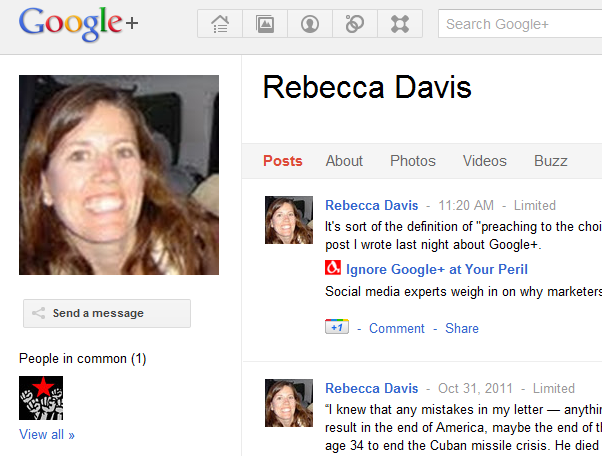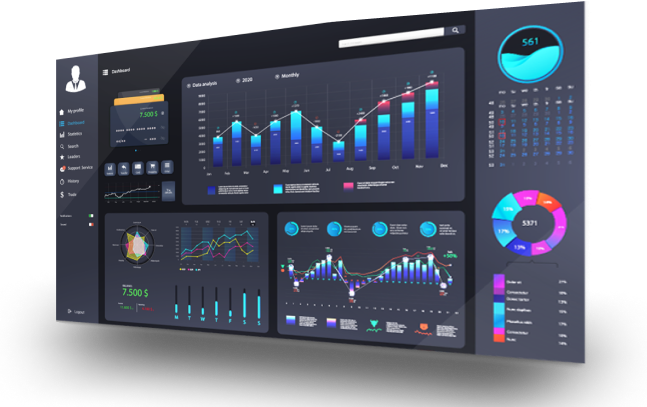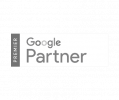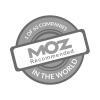 Last week I was on a panel of Bulldog Reporter‘s webinar “An Advanced Look at Hot, New Google+: How It Will Impact PR Pros, Social Media Strategy and Your Customers.” My co-panelists all had pretty impressive pedigrees: Jennifer Lashua, Global Social Media Strategist, Intel; Rebecca Davis, Executive Vice President, Digital Influence, Ogilvy; and Vidar Brekke, Chief Product Officer, Converseon.
Last week I was on a panel of Bulldog Reporter‘s webinar “An Advanced Look at Hot, New Google+: How It Will Impact PR Pros, Social Media Strategy and Your Customers.” My co-panelists all had pretty impressive pedigrees: Jennifer Lashua, Global Social Media Strategist, Intel; Rebecca Davis, Executive Vice President, Digital Influence, Ogilvy; and Vidar Brekke, Chief Product Officer, Converseon.
Rebecca Davis has written a great summary of some of the chief takeaways we offered to our webinar audience. Read her full post “Ignore Google+ at Your Peril.”
Here are some points I would add:
- You want to be found, don’t you? I have long maintained that Google+ is first and foremost about Google search. Not only is Google sharing recommendations between people in the same networks via the +1 button (as Rebecca pointed out), but signals from Google+ will almost certainly have an increasing influence upon Google search rankings. Why else would Google, with well over 60% of the US search market, spend so much time, money and resources on a social network? Google knows that the web is shifting rapidly from a world of static, “my real estate” web sites to a dynamic, social world. So while the power of links between sites will continue to be important to Google, more and more they want to tap into the rich data of social interactions. When Google couldn’t get a foothold into Twitter or Facebook, they decided “if you can’t join them, beat them” and created their own network. Doesn’t it make sense for you to be influencing the signal for the world’s most powerful search company?
- Wait for Google+ business pages and you will be too far behind. Google+ is not as hard to grasp and use as some have made it out to be. But…it is a powerful network that is not quite like any other social network you’ve used. Anyone who says it’s “just another Facebook” or “just another Twitter” hasn’t looked at it very deeply. No doubt business/brand pages, which we expect to see unveiled any time now, will take advantage of a lot of the power and features of existing Google+. It would be wise to dive in now, learn how it works, and establish a valuable, engaged network of followers who you might be able to bring to your brand page once it’s active.
- Engage! This is a point of Rebecca’s that is worth repeating. My take is that Google+ for brands will be even more about rewarding the engagers than Facebook is (and that is crucial on Facebook, make no mistake!). Google has shown that they want Google+ to be far less spammy than Facebook and Twitter have been.On Google+ you will have to earn your audience. The reward, I believe, will be a much more loyal, interested, and engaged audience. Plus Google+ is developing rich tools (including ever-increasing interweaving with other Google products such as Apps) that will let your creativity really shine.
If you manage social media for a brand or business, I urge you to get involved with Google+ today and start learning. You’ll be way ahead of your competition in most cases if you do.








